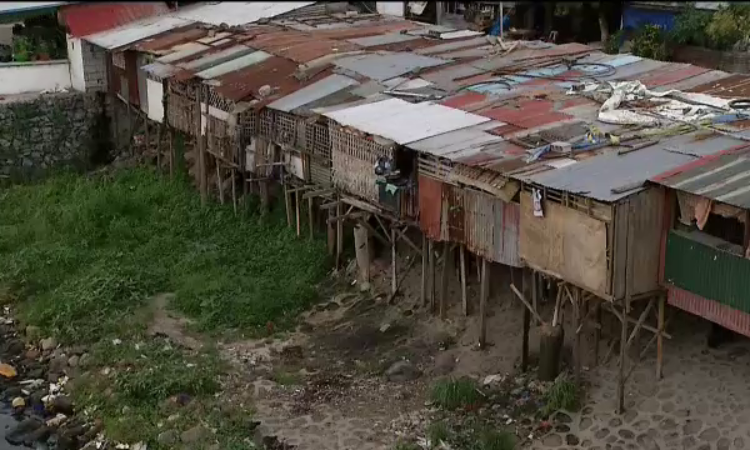This roundtable session considered what ‘work’ the framing of crisis does in relation to land, and what kinds of politics are made possible when framed in terms of land ‘crisis’ In particular, it focused asked participants to focus on two questions: 1) within your research, how do you see the politics of crisis framing at work and 2) does crisis framing change the view of what people or states have of what land ‘is’ or what it can be in the future.
Key Takeaways
- Making reference to ‘crisis’ can be a way to avoid difficult and complex political questions and structural inequalities in land governance.
- Crisis should be seen as a narrative, rather than an objective ‘thing.’
- It is social construction, with strategic objectives, that allows for normative acts.
- In relation to land governance, it can ‘miss’ the degree to which communities experience ‘slow onset disaster.’
- The use of crisis framing requires someone to make a declaration of ‘crisis’ – we should consider who is making this declaration, and who is included and excluded by it.
- Often, (but not always) it is the ‘international community’ who declares a ‘crisis’ but without necessarily understanding the complexities and histories at play.
Lynn Thiesmeyer, Professor Emerita, Faculty of Environmental Information, Keio University, Japan
Lynn raised a number of really critical issues related to land governance in the Mekong Delta, for instance that often land governance reforms that aim to ‘fix’ people in place ignore how crucial mobility is for agrarian societies. She also raised a point about how ‘crisis’ framing is often imposed from ‘outside’ while local communities are in fact facing slow onset disaster rather than acute crisis.
Jacobo Grajales, Lille University
Jacobo’s research in Colombia focuses on the interactions and divergences between two narratives – a narrative of land restitution and a narrative of transitional justice. He pointed to how the narrative of land restitution can be used to obscure underlying structures of violence while privileging solutions to land governance that are more technical. In this sense, there is use of narratives that focus on the ‘urgency’ of land governance as a crisis, and a focus on internationally driven ‘solutions.’
Anja Habersang, Ruhr-University Bochum and Fulda University of Applied Sciences
Anja’s research in Argentina provided an interesting comparison, wherein indigenous communities in Patagonia are framing the ‘global’ as being in crisis, driven by capitalism and extractivism, which is then contrasted with the communities’ visions for a utopian future

